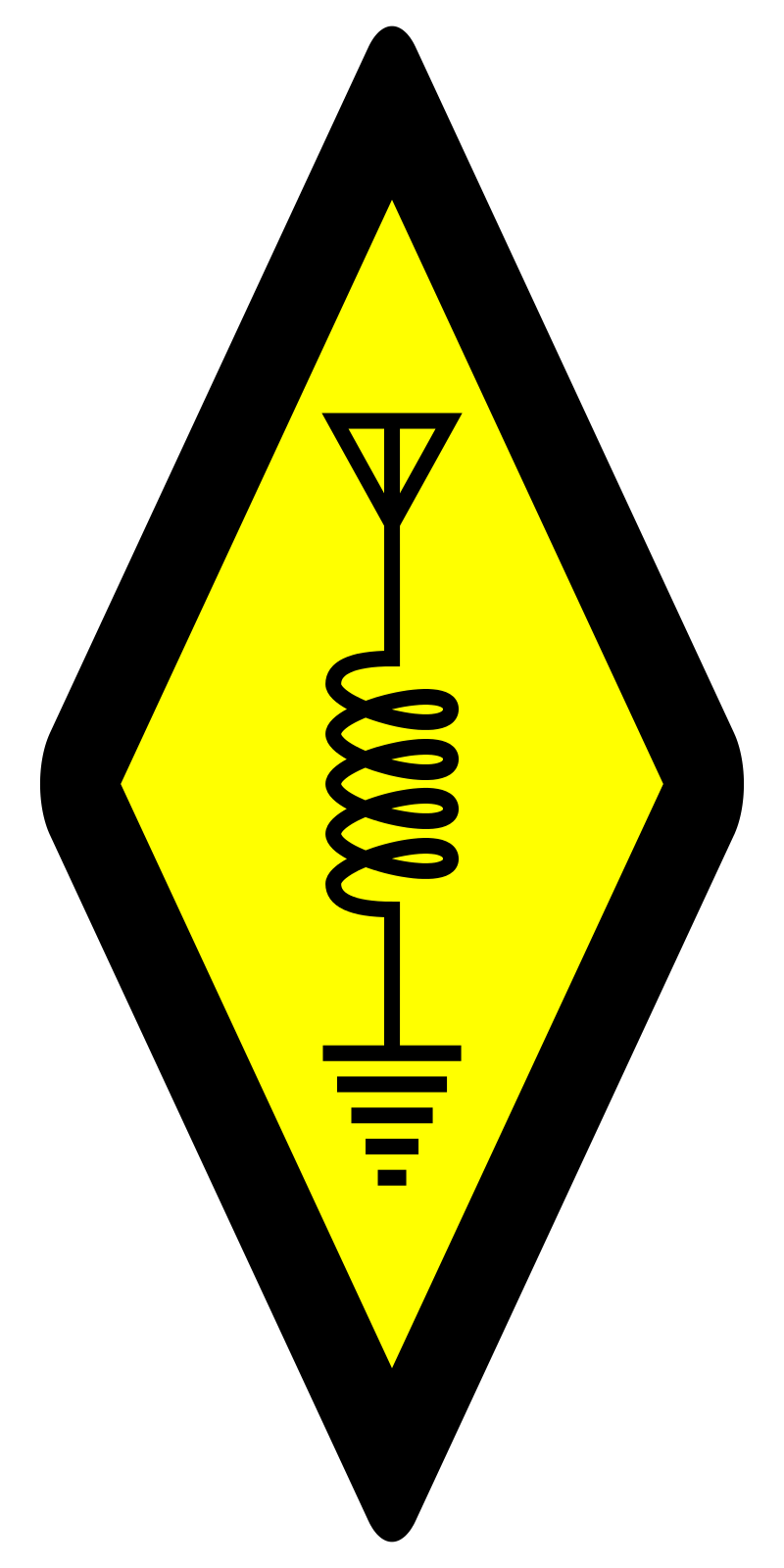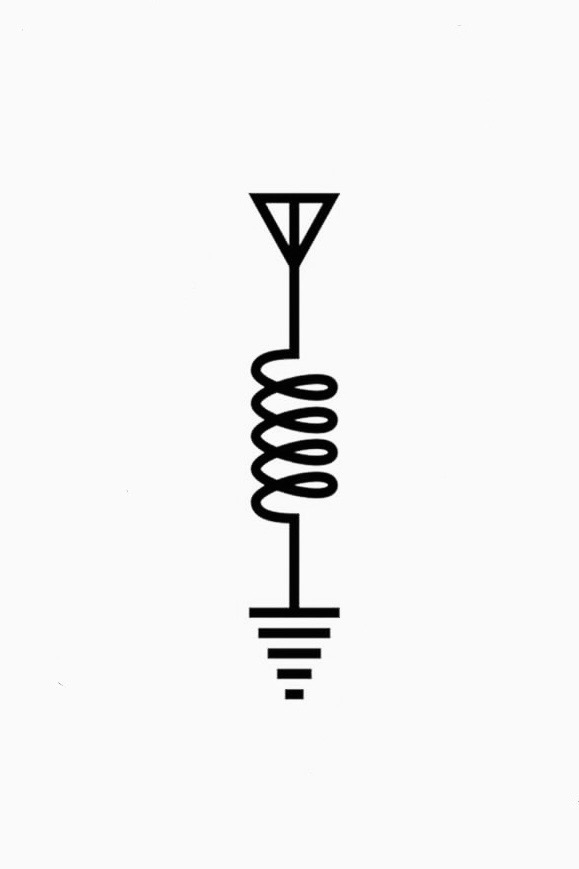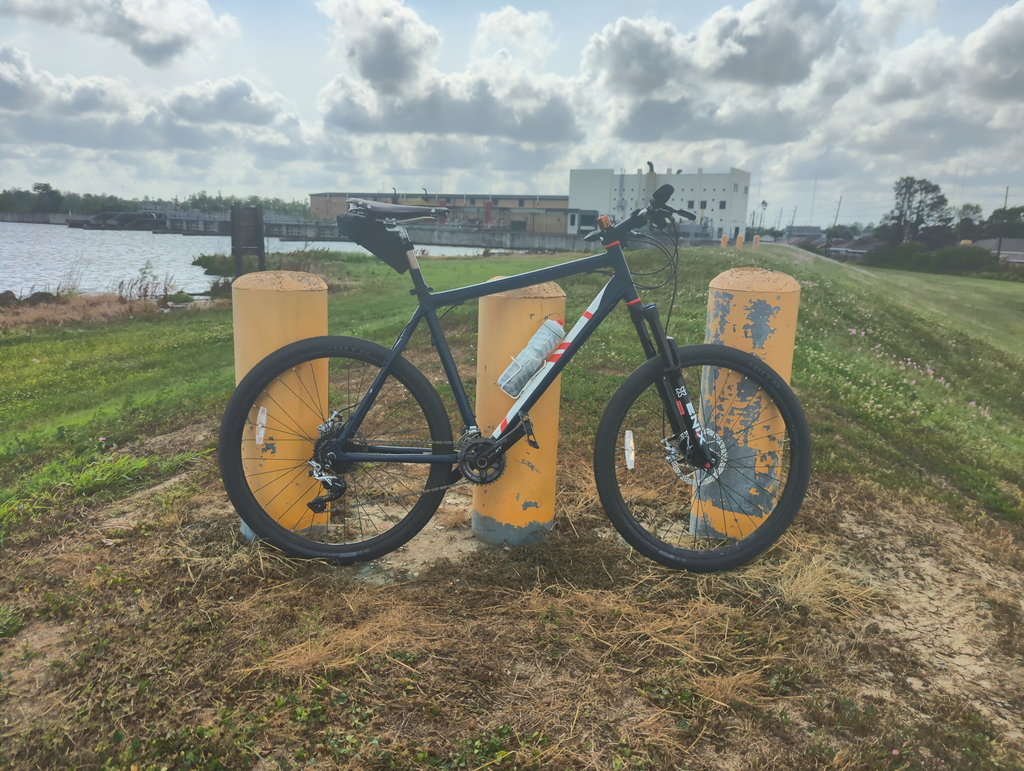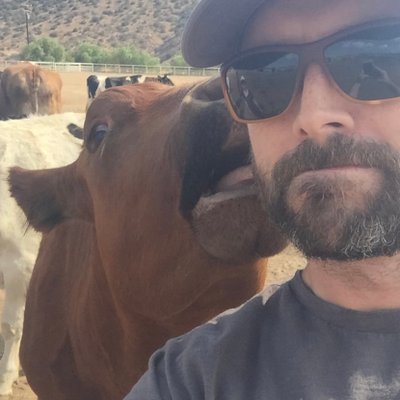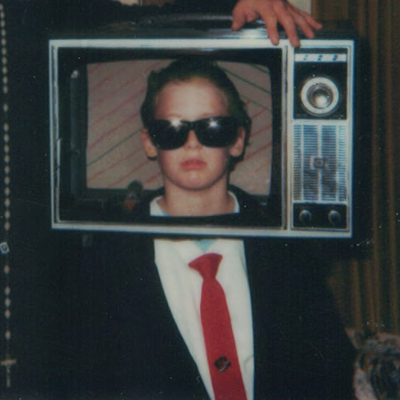One of the challenges I’ve long experienced with any of my hobbies is they are often niche and beyond the interest of most of the people I talk with; Amateur Radio even moreso. Nearly none of the people I interact with in daily life “get it”. They have their phones and Internet and don’t recognize the continuous marvels which constitute Amateur Radio.
I think all the -OTAs (POTA, SOTA, etc) have done a wonderful job of increasing visibility of our hobby, but to really supercharge it, every radio operator should also be willing to hang a sign which encourages passersby to come ask questions and engage. I was up at a fairly popular community park with a 200’ (~61m) span OCFD and not a single person approached. I reckon they’re unwilling because of how “official” a setup looks and don’t want to risk crossing into an area they’re “not supposed to be in”.
There’s not enough popular media which portrays the utility of Amateur Operators, which is probably an extension of the general unfamiliarity of the hobby by authors. Think of what percentage of any of the movies you’ve seen in the last 20 years and one can probably count on one hand the accurate portrayal of amateur radio communications.
These are just my initial thoughts having woken up not too long ago. I’d really be excited to hear others’ opinions.
“every radio operator should also be willing to hang a sign which encourages passersby to come ask questions and engage”
I thought about this EXACTLY! We travel a good bit in our bus conversion. I’m working on building some semi permanent radio equipment in here. Often we find ourselves in parks and other natural areas, which I plan on setting up antennas for fun.
I was thinking that I should put up a little sign that says come talk about radios!
As a non-amateur who every few months thinks “I should consider getting a license”, I’ve been hoping for an obvious bootstrap point.
The library has some old “here’s every exam question” style cram books, but I’m actually looking for a course for understanding, so I don’t pass the exam and proceed to have no idea what to do or how to behave. That went so well eith the driver’s license exam. :)
Here’s your bootstrap. Assuming you’re in the US, HamStudy.org. Spaced repetition studying for the exam, no Morse code requirement anymore.
FCC exams can now be administered remotely via computer. I’ve taken all three of my exams remotely; my first while sitting on a beach!
It’s a bit late, but here’s my upvote. Ground the site for a few weeks, and took my Technician and General exams today, holed up in my bathroom.
Nice! I did the exact same thing. Remote exam in my bathroom. Congrats on the tech and general. If you plan on the extra, do it before you forget anything from the general because there’s a lot of carry over from the test.
I studied all the legal questions for all three license levels through brute force using that site. Went through the questions so many times that I could tell you the answer within the first few words.
Now is that a good thing? Meh, i think most of the learning occurs once you’re on the air. Then again, i do have a EE degree so the radio science part i already knew.
I agree. The FCC exam is a framework for learning. All my follow-on learning, including antenna building and using an NVNA have come from doing it.
That was the big thing I brought up when giving exams. You just need to pass and then you can start learning.
I had a guy come in for a test with his wife. She just studied the questions and he went the understanding route. She passed and he didn’t. It was the Tech level, they just wanted something better than CB in their vehicle so there really wasn’t a lot they needed to know, just pass the test and stay on frequency.
@jecxjo @ndz@noauthority.social Well, I’m kind of doing both. Of course I just study the questions, but I also calculate all the “math” questions. That way I have a tool to check whether I remembered the correct answer 😉
@667 @HakFoo Unfortunately our club is fixated on scheduled instructor led classes (death by powerpoint for the most part) and in-person administration of electronic tests.
They deliberately conceal the fact that self-study and on-demand remote testing are options when people inquire about getting licensed.
edit: fixed wordwrap
That’s disappointing to hear. What would be the fallout within your club if you were to just go get licensed on your own? Does your jurisdiction permit licensure outside of clubs?
@667 In the US licensure is independent of clubs.
There _is_ gatekeeping going on. It seems to stem from OMs who want to control how folks get into hobby.
Although they won’t turn away a warm body toting a license…
Edit: added tag line
Ahh ok, I’m US licensed also. Was surprised to see your club insists on such a rigid learning experience.
You’ll know best for your present situation, but I’d encourage you to just go get your license on your own and get on the air. There’s plenty of media channels to learn.
@667 I’m already licensed … went “from zero to hero” on my own over a span of about 4 months back in 2011.
It’s just so frustrating seeing the obstacles which are constantly thrown in the way of people who want to become licensed (or upgraded).
Edit: licensing year
100%
That’s wild your club makes newbies sit through such a course and refuses any kind of modernizations. OMs for sure.
The answer on how to get your licence depends on which country or locality you live.
If you are comfortable sharing that, we can likely get you a starting point.
@HakFoo @vk6flab The real learning begins (and continues indefinitely) AFTER you get your license. Learn to follow the rules and not hurt anyone
Go through HamStudy.org and start taking practice tests. (I also picked up Gordon Wests books and did a once-through).
One tip is to grab the tech and general at the same sitting.
Got an cheap HT (handheld dual band)? Get on RepeaterBook, program repeaters in, and start listening to local nets. Test in person if you can but online is also avail
Removed by mod
Honestly spawn a ton of pirate fm radio stations
Radio is super cool and it’s criminal that we allowed the fencing of these commons. If pirate radio started popping up in massive quantities so as to make enforcement impossible, that would be really cool, and beneficial to society in terms of giving people access to non right wing perspectives and exposure to music that’s not the same 10 songs of Dad Rock on 95.5 the edge
Amateur Radio is regulated, as is radio in general, because it all uses the same limited resource, shared radio spectrum.
The reason that mobile phones, Bluetooth, WiFi, emergency services, aviation and “the edge” work at all is because it’s so heavily regulated.
Radio licensing isn’t a fencing of commons, it’s essential to make it work at all.
Consider for example a phenomenon called harmonics. A transmitter on one frequency also emits signal at multiples of that frequency. This is true for all transmitters. So what you do on one frequency affects other users on other frequencies.
Thanks for your thought out and reasoned response
I guess it depends on where you are but outside of major cities, aka the vast majority of the us, there’s nothing on most of the FM spectrum other than dead air. As long as harmonics are properly filtered the harm from low power FM transmission would be relatively limited in my view. The Internet makes the dissemination of proper broadcasting practice much easier. Opening up the spectrum for low power transmission would do a lot to get folks interested in radio in my view.
Although thinking about all the nuclear takes I am constantly bombarded with online maybe giving folks another medium for self expression isn’t the best idea lol
Although thinking about all the nuclear takes I am constantly bombarded with online maybe giving folks another medium for self expression isn’t the best idea lol
Tune into Citizen’s Band sometime if your country has one lol, it’s a mess but is entertaining
So, those harmonics I mentioned, for the FM broadcast band between 88 MHz and 109 MHz, they’re between 176 MHz and 218 MHz.
Guess what?
They’re allocated to other services, specifically television and digital audio broadcasting.
I can guarantee if you power up a “low power FM transmission” that the FCC will come and find you and rain hellfire on you.
It would be entertaining for the audience to be sure, but I’m not convinced that it would “get folks interested in radio”. You could do a roaring trade in popcorn.
In case you’re not convinced, the FCC fines are hefty and low power isn’t a thing. My legal amateur radio beacon uses 10 milliwatts and has been heard 13,945 km (8,665 miles) away.
So, regardless of content, that’s not the way to win friends…
As long as harmonics are properly filtered
So, those harmonics I mentioned, for the FM broadcast band between 88 MHz and 109 MHz, they’re between 176 MHz and 218 MHz.
Guess what?
They’re allocated to other services, specifically television and digital audio broadcasting.
but I’m not convinced that it would “get folks interested in radio”.
People are put off of amateur radio because so many hams are extremely cop-brained and expect everyone should have to comply to century old rules and norms about how to operate otherwise it’s assumed that you’re just blowing up the spectrum
I am a licensed amateur and the only thing that changed from when I was unlicensed is that the boomers on the FM voice repeaters around me won’t yell at me for interrupting their conversation about their ex-wives or whatever now
Good RF circuitry has never been easier to make/acquire now that we live in the era of semiconductors
low power isn’t a thing. My legal amateur radio beacon uses 10 milliwatts and has been heard 13,945 km (8,665 miles) away.
Yeah and my WiFi router blasting 10 times that barely makes it through a couple of walls
Completely dependent on conditions and equipment
I can guarantee if you power up a “low power FM transmission” that the FCC will come and find you and rain hellfire on you.
Also, lmao, there have been some high-profile cases and they have the PIRATE act now but there’s still lots of pirate FM stations out there lol
Pirate radio is cool and good
Pirate radio ≠ amateur radio.
In the US at least, the barriers to entry to get one’s license has fallen so dramatically that there is no excuse to get the license and operate in harmony with all others.
Part of being a good amateur is operating within the very generous band plan we enjoy, so generous that everything one would do under pirate radio can be done while licensed: 135khz all the way above 275Ghz.
That the rules are a century old, with periodic revisions, is testament to their flexibility and continued pertinence; they’ve so far stood the test of time.
Are there dunces on the amateur spectrum? Certainly. There’s dunces at the supermarket, too. That’s inescapable. That “cop-brained” mentality you’ve mentioned is not a symptom of the amateur rules nor your so-called cop-brained mentality, but the natural desire to protect a privilege we enjoy.
The treatment you earned on the repeaters while operating unlicensed is on you.
We’re going to need more popcorn…

